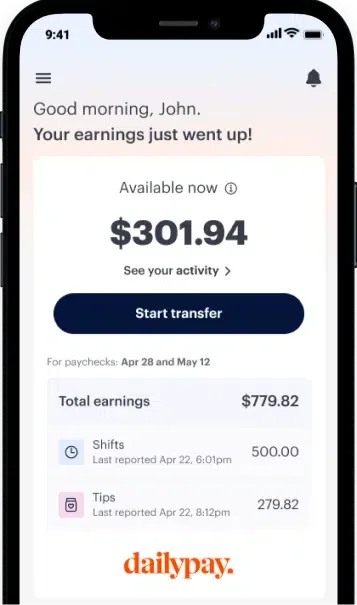Rewards cards work like any other credit card, except that they offer freebies to incentivize card holders to use their account more often. A recent Finder.com survey found that 47% of American adults have used a credit card with the sole intention of earning rewards points. It makes sense — why not get paid for your shopping?
Rewards credit cards come in all shapes and sizes. Here’s a rundown of how to find the right one for you.
How do rewards credit cards work?
Before we unpack the different types of rewards cards, it’s important to first understand how they work. They essentially allow you to earn points for every dollar you spend. From there, you can cash in those points for available rewards. Americans save roughly $757 per year using credit card rewards, according to a recent survey commissioned by Slickdeals.
What’s more, some rewards cards also offer enticing sign-up bonuses. This translates to a lump sum of points, miles or cash back for new card holders who spend a certain amount soon after opening their account. That’s on top of whatever the card’s regular reward structure looks like.
The Chase Sapphire Preferred card, for example, doles out 60,000 bonus points if you spend $4,000 on purchases within the first three months. The Bank of America Customized Cash Rewards card offers $200 back if you spend $1,000 in the first 90 days.
These kinds of perks can be a nice way to pad your budget, but it’s important to highlight that rewards cards usually only make sense if you pay off your balance in full each month. Otherwise, you’ll likely be slammed with high interest rates to carry revolving debt. The average APR for a rewards credit card is 15.91%, according CreditCards.com. If you have to spend more than you can afford to earn rewards, it defeats the purpose.
Different kinds of rewards cards
There are three main types of rewards credit cards:
- Points: These cards let you earn points instead of actual cash, but according to Bankrate, the redemption value is usually higher when compared to cash back cards. Some credit card issuers offer extra points if you shop within certain categories. For example, you might be able to earn more points for groceries or gas during one quarter, then restaurants and online shopping the next.
- Miles: Instead of points, these credit cards allow you to earn a certain amount of miles for every dollar spent. The Citi/AAdvantage Platinum Select World Elite Mastercard, for example, lets you earn double miles for every dollar spent at restaurants, gas stations, and eligible American Airlines purchases.
- Cash back: The idea here is to earn cash rewards. The Wells Fargo Active Cash Card is a good example. It lets you earn 2% back on all purchases. It also has no annual fee and a $200 introductory offer.
How to find the right rewards credit card for you
Finding the right rewards credit card really comes down to your lifestyle and spending habits. If you’re an avid traveler, a card that offers free airline miles might be an ideal option. Those who like the idea of earning points or cash back can explore cards in those categories. When done right, they can unlock a steady flow of extra money you can use for whatever you like.
No matter what card you choose, you can maximize your rewards by using your card to cover bills and everyday purchases. Instead of swiping your debit card, you can reach for a rewards card, then pay off the balance at the end of the month.
It’s worth noting that your credit score will likely play a role in choosing a rewards credit card. Applicants generally need a good to excellent score to qualify, according to Experian. For reference, that falls into the 670 to 739 FICO Score range. The higher your score, the more likely you’ll be able to land the best offers and rewards. Paying your bills on time and reducing your debt load are two ways to help boost your credit score.
If you meet the minimum credit score requirements, you can compare different rewards cards before formally applying. (New credit applications temporarily bring your credit score down, so it’s best not to apply for a bunch of new cards all at once.) In addition to reward structures and sign-up bonuses, you’ll also want to look at annual fees. The American Express Blue Cash Preferred Card is free for the first year, then tacks on $95 annually every year after. That might be a dealbreaker for some, but others might find that the rewards they earn from the card are worth the price.
Rewards credit cards can unlock a variety of perks and freebies. That can definitely be a good thing if you’re paying off your balance each billing cycle. In this way, they may be a nice financial resource to explore. DailyPay can also help boost your financial wellness by providing on-demand access to your earned pay.

